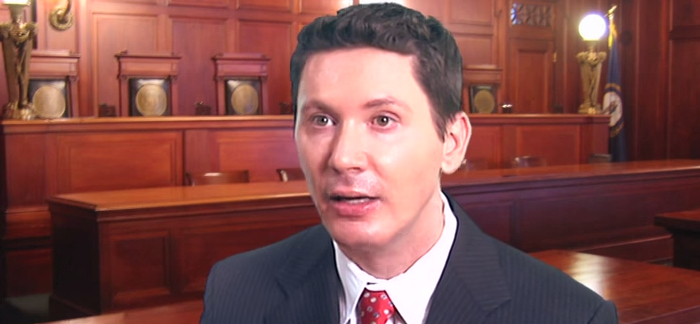The insanity defense makes for some good drama. It’s often used in television and movies because it provides a natural plot point. In real life, however, the insanity defense is rarely used and even more rarely successful. It exists to help protect people who genuinely do not understand the difference between right and wrong. The plea may make it possible to escape the full consequences of a crime, but that doesn’t mean there won’t be a commitment put into place.
Here are the pros and cons of having the insanity plea available as part of the justice system.
There Must Be a History of Mental Illness
Some jurisdictions have already eliminated the insanity defense because it is so often abused. When it is available, there must usually be a history of mental illness with the person for the plea to be accepted. Moments of brief insanity are not always classified as a good enough reason to allow for the defense to be attempted in the justice system. When there is no history of mental illness, even if one does truly exist, many will find the concept difficult to believe at best. It is often seen as a last ditch effort to get out of a consequence when someone is caught dead to rights.
It Can Save a Life
If someone truly does have a mental illness and it is this illness that has caused them to commit a capital crime, then the defense could save their life. Capital crimes carry with them a punishment of eventual death. Being found not guilty because of the mental illness means that a capital punishment goes off the table. It could mean a long term housing at a professional mental health treatment center, however, which may not be jail, but it does get that person off of the streets.
There Are Increased Trial Costs
If an insanity defense is attempted, then the cost of the trial will be increased. The defense will likely hire specialists to examine the defendant to determine the level of mental illness that exists. The prosecuting team will also want to be involved in the specialist selection process. Only 1 in 4 insanity defenses is every successful and they only account for about 1% of the total cases that the justice system sees every year. This means that a majority of people are found capable of standing trial, even if they try the insanity defense.
It Creates an Instant Atmosphere of Guilt
In order for the insanity plea to work, the defense team must admit that the crime did take place and that the defendant actually did commit the crime. Instead of trying to dispute the facts, the goal is to find the person to be innocent because of their mental state. Because many societies don’t want to punish someone who doesn’t genuinely know right from wrong, the evaluation of the trial becomes more about a person’s state of mind than the actual facts of the case where harm was caused.




